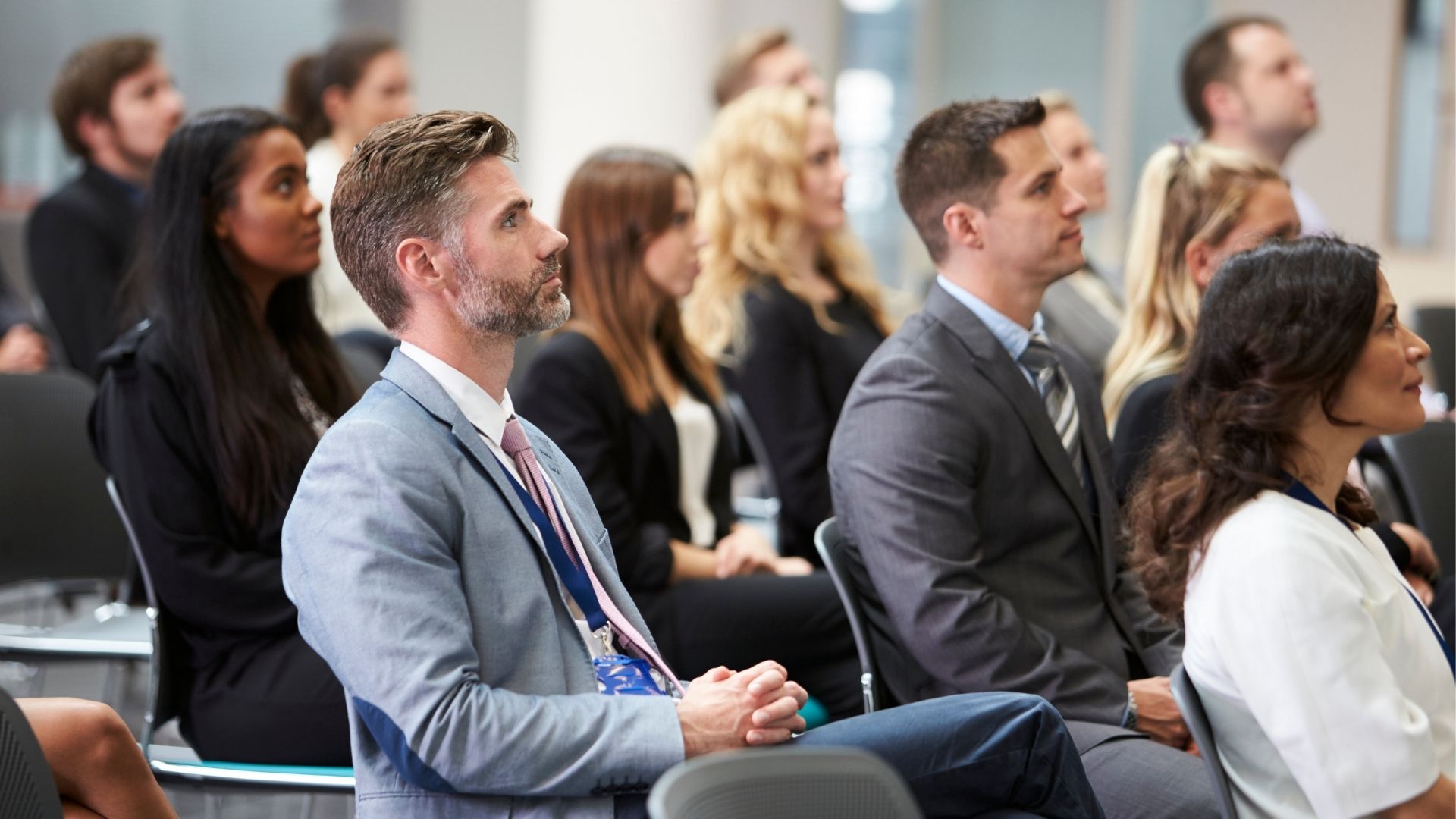On April 19-20, the 5th International Research and Practical Conference Lifelong Learning in the Frame of the Future: ecosystem-based approach to the teaching activity was held at Moscow City University. The MCU’s Institute of Lifelong Learning hosted over 900 experts, researchers, and educators specialized in the field of lifelong learning from 13 countries.
The conference aimed to answer the following question: What versions, models, and practices of the development of teacher training and the professional activities of teachers are needed to create an educational ecosystem of knowledge, skills, and compentencies, which would ensure the quality of life and activity in various prospects?
In his welcoming speech, MCU Rector Igor Remorenko pointed out that identifying ecosystem characteristics is an unconventional issue, because, on the one hand, any opportunity for people to cooperate for self-development launches a process of the development of an ecosystem, and on the other hand, there are quite pragmatic requirements of the labour market. Therefore, it is crucial to understand how educational demands can be matched with the features of training programs.
Oleg Prikot, Professor of the HSE University, defined the concept of an ecosystem in his presentation:
Ecosystem is a network of learning environments that freely cross each other, and interdisciplinary boundaries between them are blurred. It regulates and develops on itself, exchanges information and energy with the environment, maintains information and energy stability due to high credibility of the system.
The need for constant improvement of competencies, up to the change of the professional track, has firmly entered our lives. It has led to the increase in the demand for advanced professional training. Ilya Korshunov, Head of the HSE’s Laboratory of Lifelong Learning, presented research on the advanced professional education market and trends in lifelong learning. The speaker stated that a significant share of the lifelong learning market is accounted for by universities. The right strategy and management are important to maintain and possibly increase it.
Elena Sukhanova, Director of the Institute of Education at Tomsk State University (TSU), presented 4 scenarios of how ecosystems can contribute to the improvement of the competencies of the teaching staff. These scenarios have been tested at TSU and will help to upgrade teacher training and develop numerous learning trajectories.
Dmitry Makhotin, Expert of the MCU’s Institute of Lifelong Learning, spoke on the issue of mastering and applying new technologies as a medium for solving global problems. The speaker highlighted that the level of technology education determine the level of the national and world economy.
The ecosystem of technology education goes beyond the school, develops a new look at the goals and values of education, allows for creation of a variety of training programs and modules, as well as provide a possibility to jointly use technological equipment and new forms of learning.
Tatiana Yakubovskaya, Head of the TSU’s Networking Laboratory for Future-literacy, an expert from TREDU Regional College and the Finnish Ministry of Education, outlined the didactic framework of future-oriented education practice. The first stage of the development strategy is the technological changes in society. Based on their analysis, the division of labour and agendas are planned, which in turn shape the order of competence change.
Marina Shalashova, Director of the MCU’s Institute of Lifelong Learning, spoke about the need to change the content and technologies of education based on the MCU cases. The technological revolution has radically changed the world; however, whatever breakthrough technologies are, the priority of individuals is the promotion of their health.
Alexander Stradze, Director of the MCU’s Institute of Natural Sciences and Sports Technologies, commented on the notion:
The development of a motivation system to keep a healthy lifestyle, including healthy diet and giving up bad habits, is the key element for strengthening “public” health.
Several Author formats sessions were held within the conference, which presented the experience of implementing the theoretical ideas developed during the conference in 2021. The series of the sessions included different events focused on such new literacies in teaching and learning activities as communicative, psychological, legal, environmental, futures-literacy, and health literacy.
The 2nd day of the conference featured thematic sections on 12 strategic directions for the further development of the ecosystem of lifelong learning in the context of the future.
The speakers focused on the following topics: The results of the conference were summarized during the final plenary session. The perspective models and practices in teacher training and the professional activity of teachers were analyzed, as well as the topics and objectives of the conference in 2023 were outlined.

